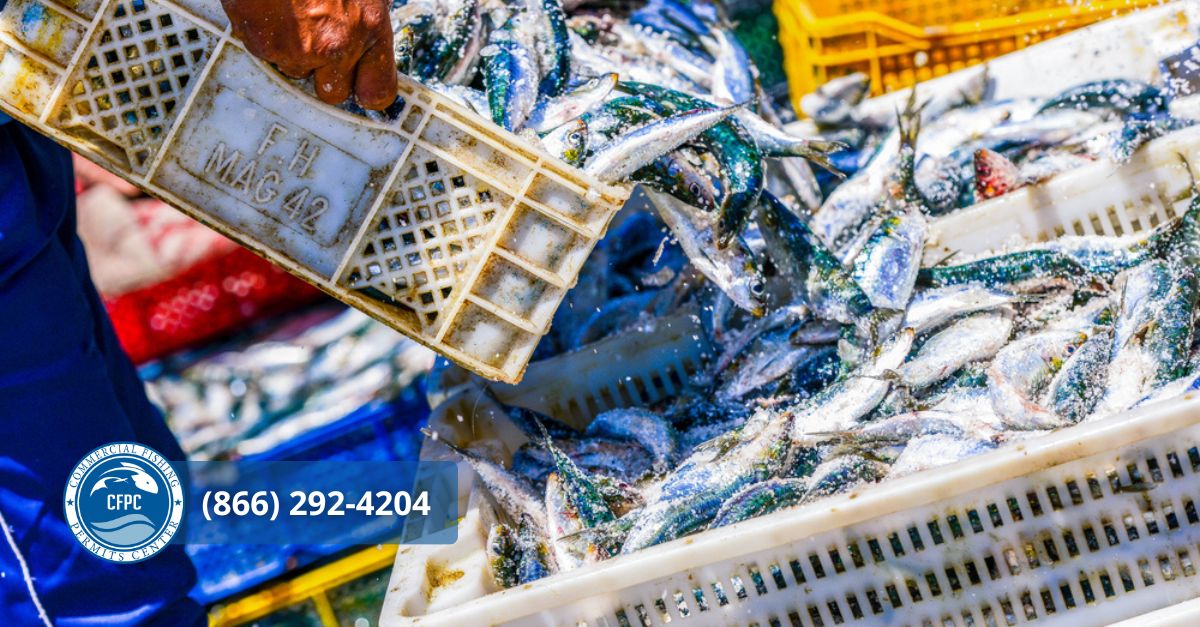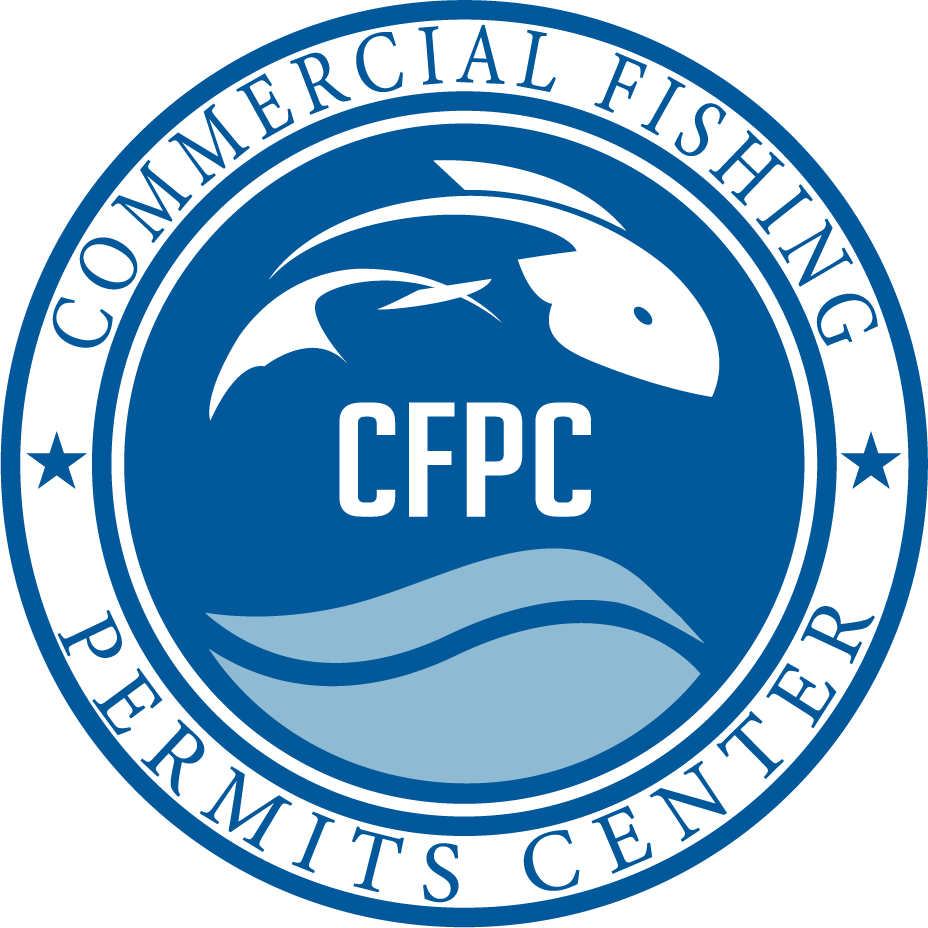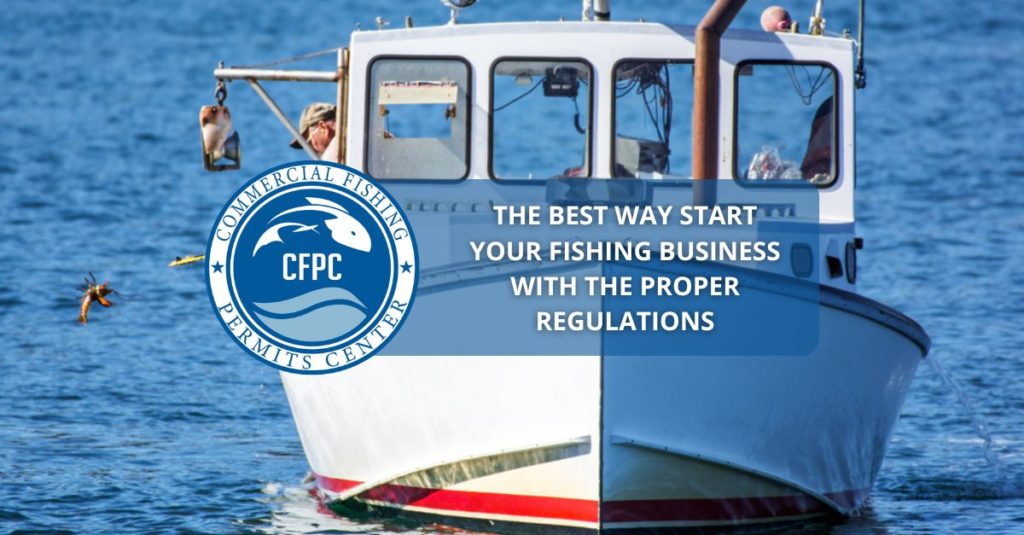Successful commercial and industrial fishing operations can generate significant income. Commercial fishing, whether by longlining, trapping, or netting, can be lucrative if done correctly. The United States regulates commercial fishing in federal waters with an eye toward both economic and ecological concerns. You can better position yourself and your business to succeed and stay within the law if you have a firm grasp of U.S. fishing regulations. Keep reading to learn more about NOAA regulations and how it relates to your business plan.
What Does NOAA Do?
Recreational and commercial use of federal waters is subject to regulations enforced by the National Oceanic and Atmospheric Administration (NOAA). They have the power to create and enact laws that affect citizens, corporations, and governments at all levels of power thanks to an act of Congress.
How Do Rules Regarding Commercial Fishing Develop?
After NOAA is made aware of a problem or concern, regulations are developed to address the matter. Even though rules don’t usually follow a set pattern, they usually go through a few stages.
As a first step, NOAA gathers information and potential solutions to the issue at hand. In fact, these ideas frequently originate from the general public. Then, technical analysis is used to evaluate potential outcomes and the resolution’s potential impacts are weighed.
Public hearings are held to gather local input after a shortlist of potential resolutions has been compiled. After the hearing, the City Council will vote on whether or not to approve the plan. NOAA Fisheries will be responsible for giving the plan the green light if it passes. NOAA Fisheries will give the rule some more thought and legal scrutiny, and then make it official.
A Strategy for Success
Now that you have a firm grasp of the fishing side of things, you can move on to the more practical aspects. Establishing goals and guidelines not only helps you get started in the short term but also helps to build up the bigger picture. For potential partners and investors, this is a must-have.
You should investigate the fishing market as part of your business plan. Where can I find the largest corporations? The typical profit margins are Why do you think this is the case, and what factors are driving the market? What are the most recent tendencies and data?
Which way has the market moved and what do these figures represent for the future of the sector as a whole? Although it is highly unlikely that the fishing industry will ever disappear, all industries go through phases of expansion and contraction, and it is important to be aware of the state of the fishing industry before attempting to enter it.
Adhering to Appropriate Standards
It is in your best interest to follow local, state, and federal regulations if you engage in commercial fishing. Your business and the jobs of your employees could be in jeopardy if you don’t follow NOAA’s rules and regulations. The good news is that there are simple methods to check if your licenses and permits are still valid.
Should you choose to work with a private service, such as the Commercial Fishing Permits Center, you can find all of the forms you need in one convenient place. You won’t have to waste time physically completing paper applications and sending them in. Because our web portal is secure and easy to use, you can be sure that your application will be filled out in full and processed quickly.
A Way To Make Your Opinions Heard
Being a commercial fisherman means spending a lot of time on the water, so any changes to the rules could have a significant effect on your business. The NOAA accepts written and electronic submissions of comments. Another option is to attend a public hearing, at which you will have the chance to share your thoughts on any proposed regulations.
You Can Rely on Us to Obtain the Necessary Permits.
We can assist you in obtaining the necessary federal and state permits for your business to operate on the waterways. If your company requires any specific forms or registration documents, we have them all. In order to get your questions answered by one of our knowledgeable service representatives, please contact us right away.

Associated Costs of Starting Your Commercial business
Another important part of any commercial business is to take into account the associated costs. Dockage, insurance, a business and fishing license, and hookup fees are just a few of the many costs that must be contemplated.
How about recurring costs? Do you plan to merely own the company, or will you also serve as its “captain”? Your answer there will determine whether or not you have to give someone else that responsibility and paycheck. In addition, a boat requires oil and fuel. Fees associated with bait, ice, utilities, repairs, management, legal counsel, boat upkeep, and depreciation must be calculated.
Luckily, you don’t have to pay for everything out of pocket; look into funding options if necessary. Make an appointment at a local bank and present your business plan, detailing the funding requirements and your projected return on investment. You can get a business credit card and bank account set up there as well.


No Comments
Be the first to start a conversation